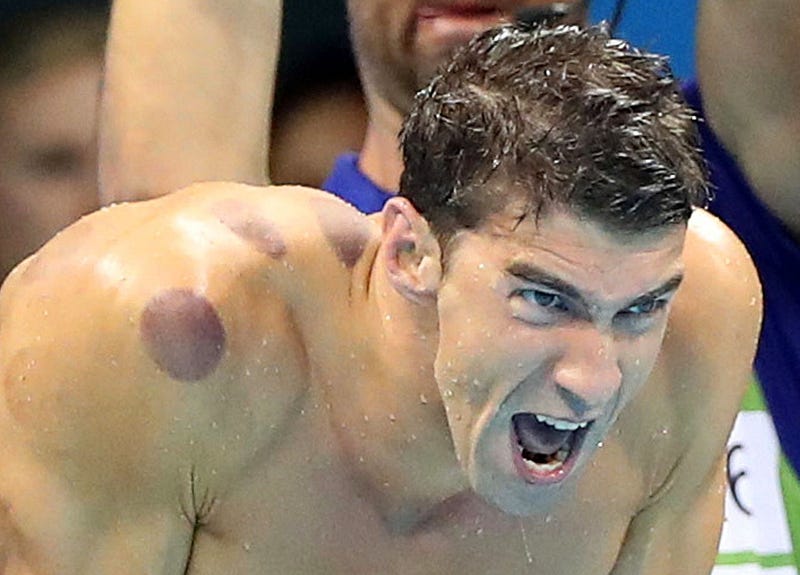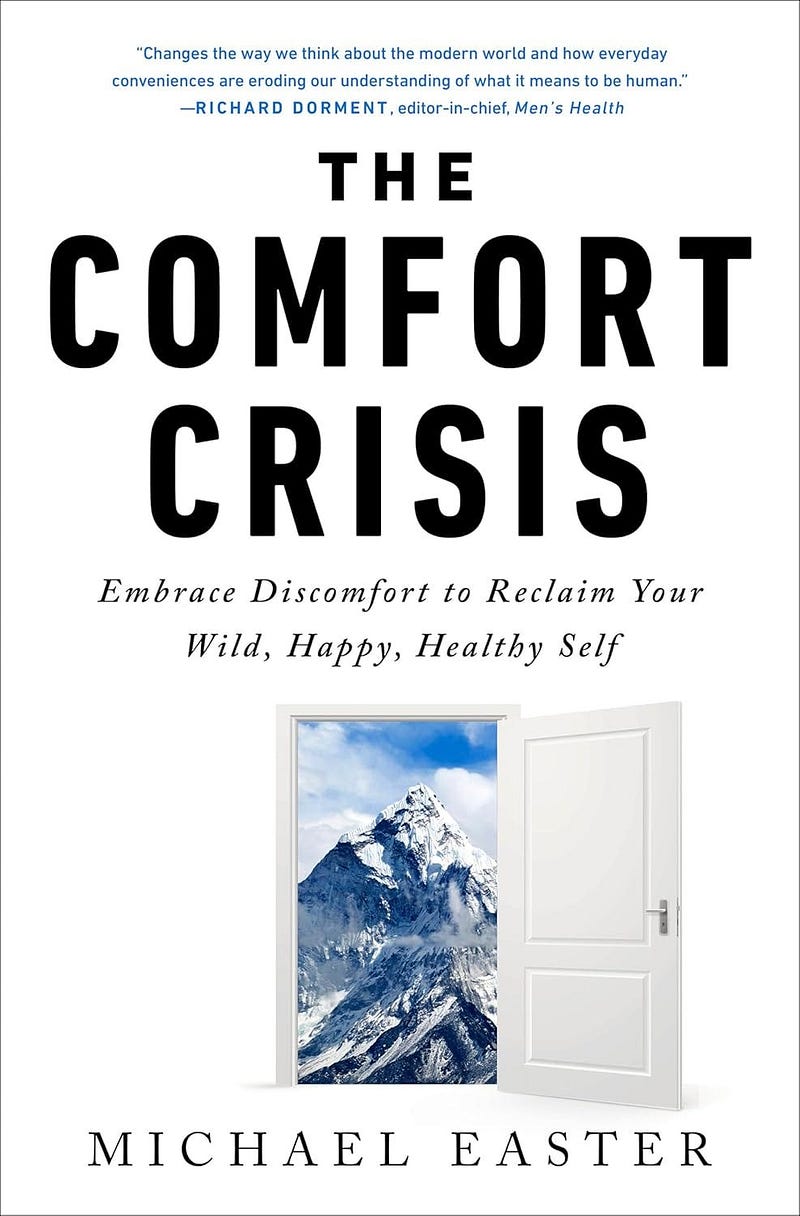Every morning, Michael Phelps woke up to a collection of insults. Not by accident. By design. Above his bed hung a magazine centerfold of his rival. In his locker, carefully preserved, were newspaper clippings questioning his abilities. Each criticism was intentionally placed where he’d see it daily.
The most decorated Olympian in history wasn’t just motivated by dreams of gold. He was powered by the voices that said he couldn’t. This was just one tool in his vast motivational arsenal, not his only source of drive.

The Art of Productive Anger
“I use whatever I can to motivate myself,” Phelps says. “Tell me I can’t do something and it’s like a lighted match next to a fuel tanker.” When Australian coach Don Talbot publicly declared, “In the major international meets, Phelps has done nothing yet,” Phelps didn’t get defensive. He got deliberate.
This approach represented one facet of Phelps’ comprehensive motivation system. Elite athletes like Phelps understand that sustainable peak performance requires multiple motivational streams: positive visualization, supportive relationships, personal goals, and yes, occasionally, the strategic use of criticism as fuel.
The Locker Strategy
One of the most powerful examples came when his rival, Ian Thorpe, expressed doubts about Phelps’ ability to win eight gold medals: “After reading the sheet of paper with Ian’s remarks, I took that paper and jammed it right onto that hook in my locker. It stayed there all that winter, all that spring, into the summer, until we went to Omaha and the Trials. Every day when I’d open that locker, it was the first thing I’d see.”
Looking for unbiased, fact-based news? Join 1440 today.
Join over 4 million Americans who start their day with 1440 – your daily digest for unbiased, fact-centric news. From politics to sports, we cover it all by analyzing over 100 sources. Our concise, 5-minute read lands in your inbox each morning at no cost. Experience news without the noise; let 1440 help you make up your own mind. Sign up now and invite your friends and family to be part of the informed.
A Tool, Not a Lifestyle
It’s crucial to understand that this criticism-based motivation was never Phelps’ primary or only source of drive. He also drew motivation from his love of the sport, his desire to push human limits, his respect for teammates and coaches, and his positive vision of achievement. The criticism became an occasional turbo boost, not the engine itself.
This distinction matters because living primarily in negative motivation can lead to burnout, anxiety, and mental health struggles (challenges that Phelps himself faced later in his career). The key is balance and intentional, limited use.
The Psychology of Strategic Motivation
What made Phelps’ approach unique was how he never responded publicly to critics, channeled the emotion into training, let results answer the doubters, and used criticism as validation of his goals rather than personal attacks on his worth.
“There’s no point in talking smack… It’s always better, and a whole lot smarter, not to say anything, to simply let the swimming do the talking.”
Safe Implementation Guidelines
If you choose to experiment with criticism as motivation, follow these protective principles:
Time Limits: Use negative motivation only during specific training blocks or preparation phases, not as a constant presence. Set clear start and end dates for when you’ll engage with critical material.
Balance Requirements: For every piece of criticism you collect, maintain at least two positive motivational elements (personal goals, supportive messages, or achievement reminders). This prevents you from living in a negative headspace.
Mental Health Monitoring: Regularly check in with yourself or a trusted advisor about your emotional state. If criticism begins affecting your self-worth, sleep, or relationships outside of training, immediately step back from this approach.
Purpose Clarity: Use criticism only when it relates to performance doubts, never personal character attacks. The goal is to prove capabilities, not to fuel anger or resentment toward people.
Converting Criticism Safely
When implementing this approach, collect only performance-related doubts while avoiding personal attacks, position reminders strategically but temporarily during key training phases, and always pair with positive motivational elements like personal goals and supportive relationships.
Channel the energy by converting specific doubts into focused training objectives, using criticism to clarify rather than cloud your goals, and ensuring your response remains performance-based, not emotion-based.
The Complete Motivational Toolkit
Remember that elite athletes succeed because they develop multiple motivational strategies. Phelps also used positive visualization, goal-setting, team support, personal meaning, and the joy of competition. The criticism method was his occasional secret weapon, not his daily bread.
Great athletes understand that sustainable excellence requires a diverse motivational portfolio. Some days you’re driven by dreams, others by love of the process, and occasionally — when you need that extra edge — by proving the doubters wrong.
Your Challenge This Week
If you choose to experiment with this approach, do so cautiously and temporarily. Create a small collection of performance-related doubts you’ve faced, but balance them with twice as many positive motivational elements. Use this combination for one specific training block, then evaluate its impact on both your performance and mental state.
Most importantly, remember that your worth as an athlete and person isn’t defined by criticism or praise. Both are simply tools — use them wisely, sparingly, and always in service of your larger vision of excellence.
The greatest athletes don’t just overcome criticism; they harvest it strategically while building their primary motivation from more sustainable, positive sources. That’s the real lesson from Phelps’ approach.
Want the full Michael Phelps performance playbook?
Check out our full podcast season profiling Michael and what made him and his coach Bob Bowman legendary. We cover Michael’s mindset, his unique visualization approach, and much more!
Check it out here: https://www.youtube.com/playlist?list=PLAkSd12rP283qqnvz69TQ2ZySfi8FtEWb
Book Recommendation
The comfort Crisis — https://amzn.to/4hNRj7M
This is the perfect book for the theme this week! In many ways, we’re more comfortable than ever before. But could our sheltered, temperature-controlled, overfed, underchallenged lives actually be the leading cause of many our most urgent physical and mental health issues? In this gripping investigation, award-winning journalist Michael Easter seeks out off-the-grid visionaries, disruptive genius researchers, and mind-body conditioning trailblazers who are unlocking the life-enhancing secrets of a counterintuitive solution: discomfort.



